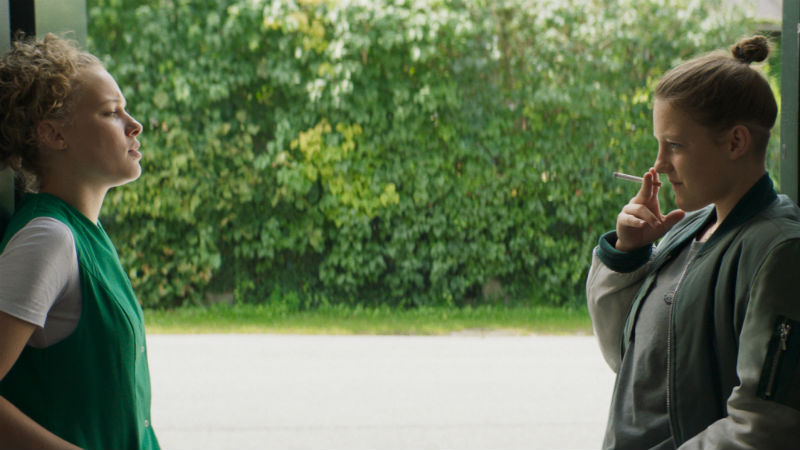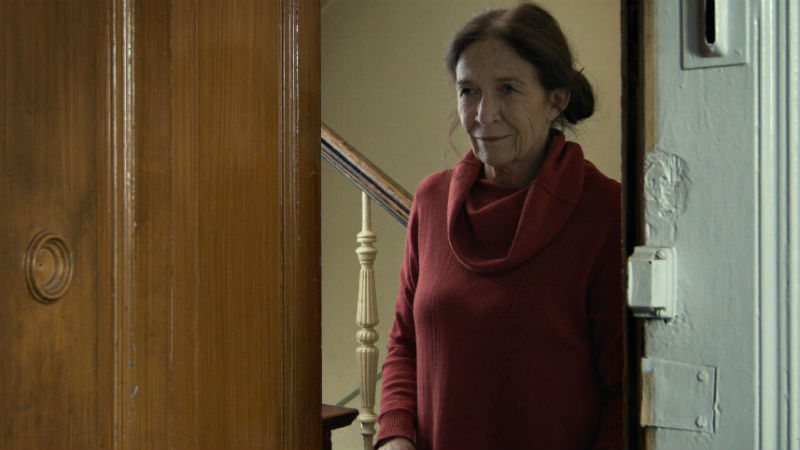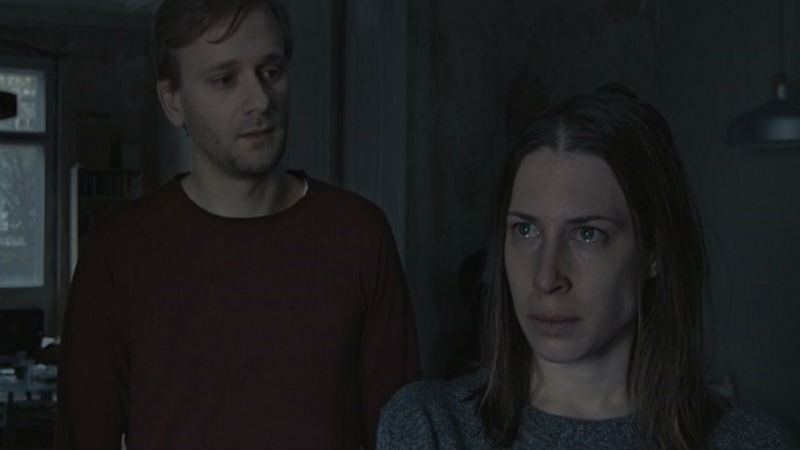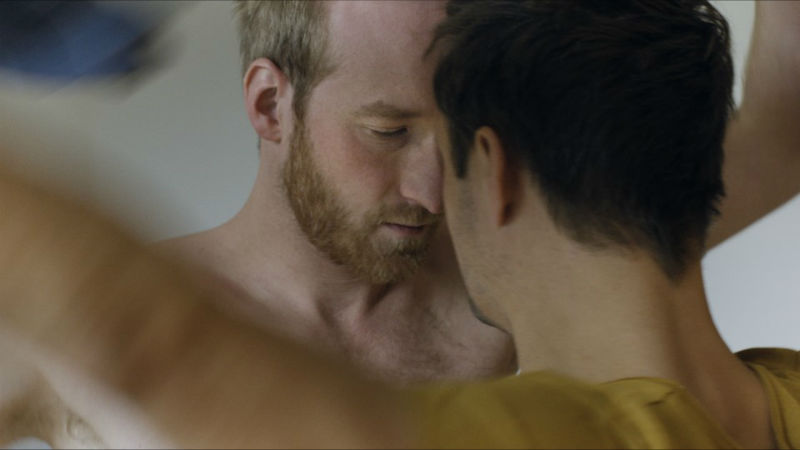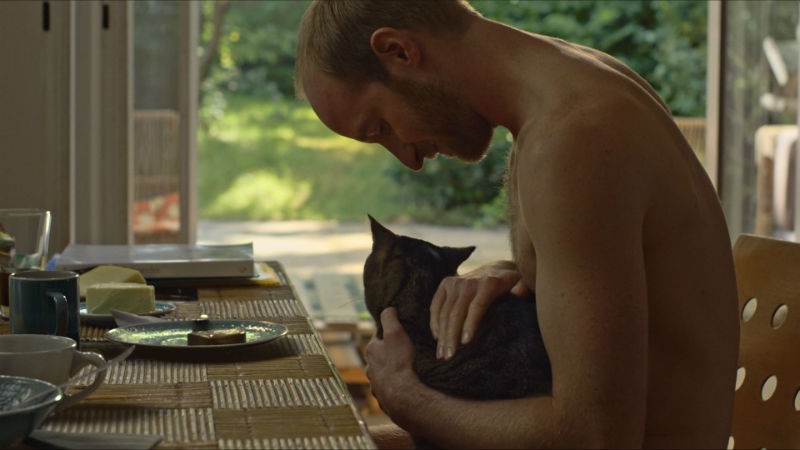Rikke (Susanne Wolf) is a doctor in Germany. She’s used to saving lives. She rescues a seemingly lifeless passenger from a wrecked car. She’s efficient, stern and doting. She’s also reasonably wealthy. She owns a sailboat called Asa Gray. Rikke epitomises the European ideal of professional and personal fulfilment. One day she sets off from Gibraltar on a very personal mission: to reach the remote Ascension Island in the Southern Atlantic Ocean entirely on her own. Attentive macaques on The Rock observe Rikke as she prepares to take off.
Rikke is as efficient a sailor as a doctor. She knows how to batten down the hatches and to face a storm without losing her calm. She communicates eloquently with the coast guards, and seems to be in full command of her journey. Styx starts off as a tale of human resilience and female endurance, a little bit like Baltasar Kormakur’s dirty gem Adrift (2018). It then sails into a completely different territory, into very stormy political waters.
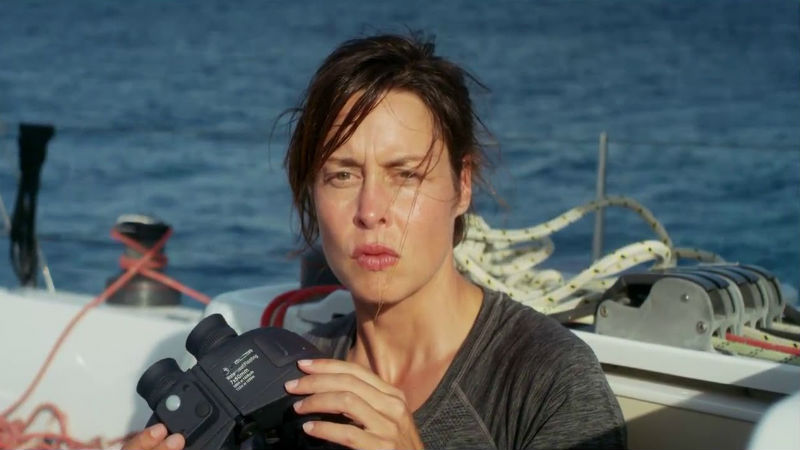
A wrecked boat is seen at the distance. Rikke attempts to make contact, but they do not respond. She approaches the vessel and realises that it’s a wrecked refugee boat about to sink. Black people are screaming desperately. Her presence make many jump off the boat. Their desperation is harrowing. The images – despite being fictional – bring tears to my eyes as I recall them and write this paragraph. Rikka is advised by the coast guard that she should not intervene, in name of her very own security.
Despite the firm orders, she takes a boy on board. He’s hipothermic and covered in bruises, and virtually unconscious. She puts him on a drip and gives him further treatment, not too different to what she does at work back in Europe. She informs the coast guard that she took a refugee on board. He orders her to depart, promising that support is on its way, but Rikke does not believe him.

Countless moral questions are instantly raised. Be prepared to do a lot of soul-searching. Should Rikke heed the coast guard and depart in the name of protocol and her own security? Did she make a mistake by rescuing one single person and allowing others to perish? Should her Hippocratic Oath prevail? Is the coast guard just doing his job (the typical Nuremberg defence), or is he too responsible for the lives of these people? Should she return and save more lives? Is the life of a refugee worth less than the life on an European? The care provided to an European in the beginning of the film contrasted to the refugees left to perish on their own suggest that the answer is resounding “yes”: European lives matter more than refugee lives. Even the macaques seem to have it easier than the dark-skinned refugees.
Styx is very lean and bleak film, in very good Austrian style, not too different from directors like Michael Haneke and Ulrich Seidl. The narrative is austere, with very little music and technical wizardry. The excellence of the movie lies in its realistic content instead, and the urgent questions raised. These are moral questions to which no one in Europe and the world is exempt. This is a film about humanity and altruism. My only reservation about Styx is the closure, which is a little bit clumsy and disjointed.
Styx is out in cinemas across the UK from Friday, April 26th.









